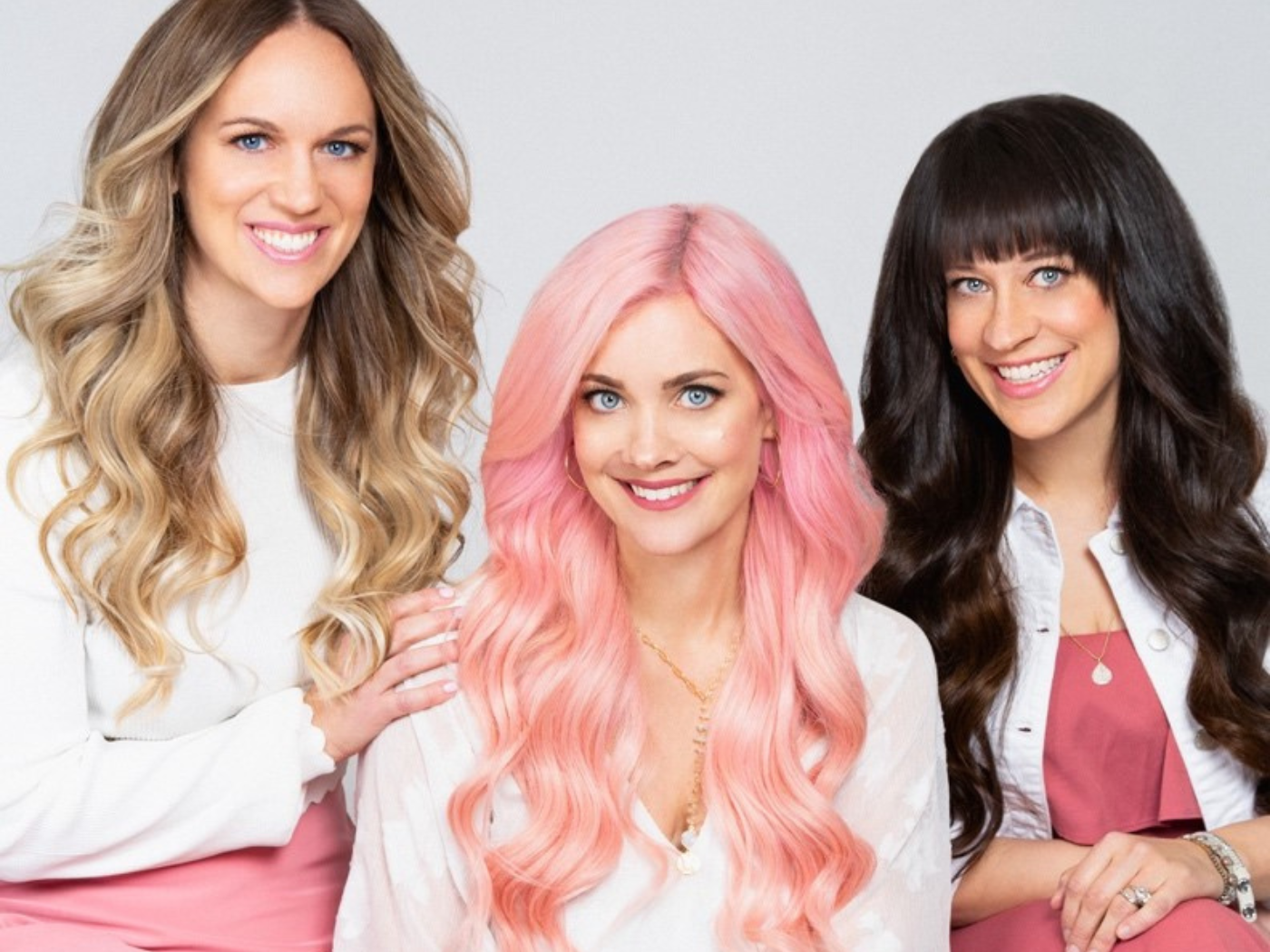Not since Congress passed the Food, Drug, and Cosmetics Act of 1938, which prohibited the sale of cosmetics containing “any poisonous or deleterious substance” has any significant legislation been enacted on the regulation of cosmetics in the U.S.
This fall that changed. Kind of.
On September 30, California Governor Gavin Newsom signed into law Assembly Bill 2762, or the Toxic-Free Cosmetics Act, making it the first state in the nation to ban the “manufacturing, selling, delivering, holding, or offering for sale” of any cosmetic or personal care item that contains any of 24 harmful ingredients, including dibutyl phthalate, diethylhexyl phthalate, formaldehyde, paraformaldehyde, methylene glycol, quaternium-15, mercury, isobutylparaben, and isopropylparaben, amongst others. The bill will take effect starting January 2025.
The passing of the Toxic-Free Cosmetics Act marks a clear shift by California state legislators to start closing the gap between the U.S. and the many other countries on ingredient bans. But the step is inarguably a small one.
“The United States is so far behind the E.U., Canada and Japan in terms of ingredient regulation that this law is just a drop in the bucket. I’m thrilled that it passed, but we all know there is a long way to go,” said Jeannie Jarnot, Founder & CEO of Beauty Heroes.
In the EU, a record 1,300 controversial ingredients have already been banned – including all those listed in the Toxic-Free Cosmetics Act – courtesy of the EU Cosmetics Regulation 1223/2009. The EU law also makes stipulations on pre-market testing and mandatory cosmetics registration; both of which are not mandated here in the U.S.
While California’s move is a step in the right direction for such an under-regulated industry, Ron Robinson, cosmetic chemist and CEO at BeautyStat, is not so sure it will have much of a widespread effect. “I formulate products with safety in mind first and foremost, and I’m all in favor for regulation around the use of potentially toxic ingredients being used in cosmetics,” said Ron. “Most manufacturers have stopped using these ingredients, so there should not be much of an impact on the industry.”
CEW Beauty News asked industry leaders and professionals to weigh in on the Toxic-Free Cosmetics Act, what they think it signals for the industry, and what impact, if any, it may have on beauty business in California and the country in 2025.
Romain Gaillard, Founder & CEO of The Detox Market
“Overall, we are very happy that California is starting to ban some toxic ingredients. You will always find ways to say it is not enough or why this ingredient vs another, but overall it is the first step in the right direction. For the past decade, The Detox Market has been an advocate for more regulations in the space.”
Michele Gough Baril, Founder & CEO of Iris&Romeo
“We are thrilled to be based in a state where the use of the 24 included toxic chemicals[will be] banned. We fully support this ban and truly believe it is the beginning of harmful cosmetic ingredient reform. By elevating the concerns of these potentially harmful chemicals, we are helping to educate consumers and lawmakers alike about the potential risks of using them.
Although this is clearly progress in the right direction, many of the ingredients included have not been used in some time in the formulation of cosmetics. We hope to see the banned list grow to include over 1,000 more chemicals not necessary in the performance or efficacy of color, skin care hair care or wellness products. Transparency will be key of raw material suppliers, manufacturers and cosmetic brands to refuse to formulate with unnecessary raw materials/ingredients and move the needle toward safety for all.”
Merian Odesho, Founder of Bounce Curl
“As someone who has always strived to find cleaner beauty alternatives, I am a strong supporter of states enforcing toxic-free cosmetics. In my experience, I have come to learn that the cosmetic industry is not heavily regulated and can be deceiving in showcasing which ingredients are toxic and which are not.
As a formulator, I find it to be difficult to discover more naturally derived ingredients in the vendor database where I source my ingredients. Out of 2,000 ingredients, there are only around 200 that are considered to be natural, so this act will be a huge wake-up call to the big manufacturing companies that create these ingredients. I hope manufacturers and brands will start to invest more money in creating naturally derived alternatives to the toxic chemicals used now. I do believe that nature can find its way in about anything that we do, so there must be a solution!”
Jeannie Jarnot, Founder & CEO of Beauty Heroes
“The United States is so far behind the E.U., Canada and Japan in terms of ingredient regulation that this law is just a drop in the bucket. I’m thrilled that it passed, but we all know there is a long way to go. It’s amazing how much work was needed to get this Act passed that covers relatively few ingredients that are actually still very common in products. The one I see most often is Quaternium-15 a formaldehyde releaser, which can cause cancer and all other types of problems. The fact that the Act will take effect in California will force brands to reformulate all the ingredients in the Act out of their products. My hope is that when they do, they take the opportunity to take a closer look at their ingredients and remove other harmful ingredients that may not be a part of the Act. Overall, it’s a positive development, but my hope is that more stringent regulation is on the way. Ultimately, the customer still needs to do their homework.”
Amy Liu, Founder of Tower 28
“This act is definitely a step in the right direction, and a good indication of changing perceptions amongst lawmakers. Perception changes reality, and we’re seeing that at work here. I hope this law being passed is just the tip of the iceberg, because there is so much more work to be done to clean up this industry. California is a leader in progressive thinking, and hopefully this progress will echo across the country in the coming years.”
Tim Hollinger, Co-Founder of Bathing Culture
“It’s outrageous that so many brands have been able to pass poisons for personal care for so many years, and it’s unconscionable that they’ve made profits off of them. With this legislation, we’re finally starting to follow science. We’re starting to leave medieval times, and leave behind the snake oil that belongs there.
The U.S. is still far behind other countries, but lawmakers are starting to come around to the reality that these products have huge reach and can do either incredible good, or incredible harm.
We’re so proud of the customers that have been fighting alongside ethical brands and industry groups for this. We’ve heard far too many stories about families who have lost loved ones to cancers caused by products commonly found in everyday products.
California has the largest economy in the U.S. (if it were a country, it would be the fifth largest in the world), and much of the personal care industry is based in CA. This means the CA Toxic-Free Cosmetics Act will essentially be the new standard for the U.S. as a whole, which is a win for everyone.
While this is a big win, there is still a long way to go, especially when it comes to environmental impact. Personal care (and cosmetic products in particular) are a major source of pollution; once used, any products that don’t break down enter the water system, where they become a major source of smog. We’re excited that people are starting to think about what’s in their products and how they’re made, and making changes when they don’t like what they learn.
Many products on the market today are outrageously bad. This is an important first step in fixing a broken industry.”




